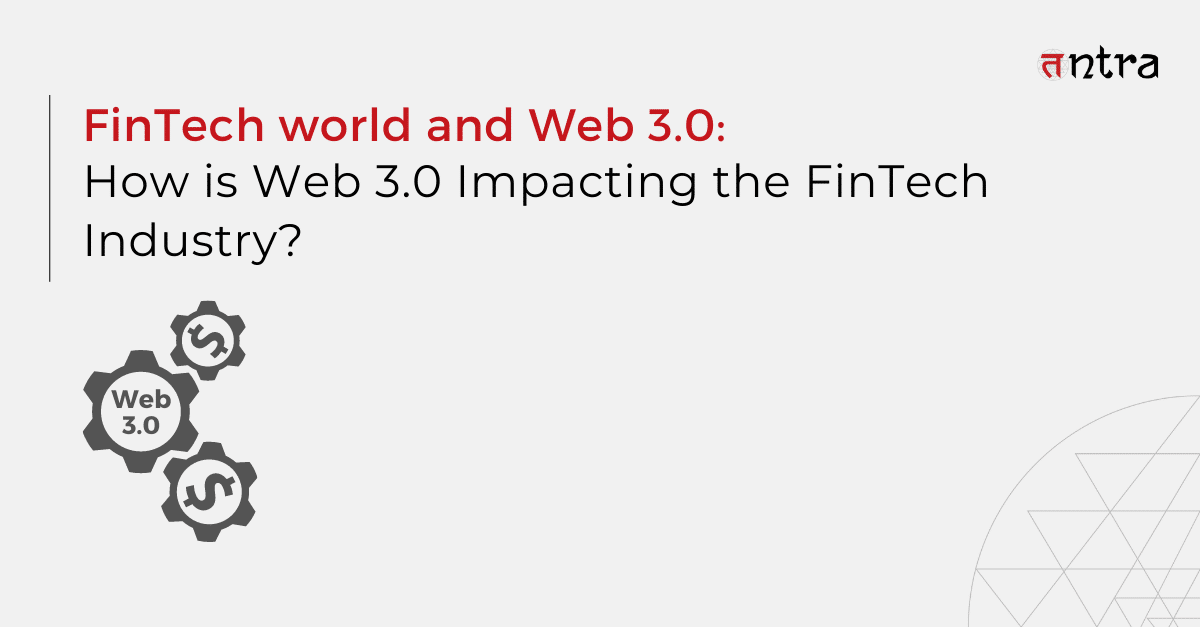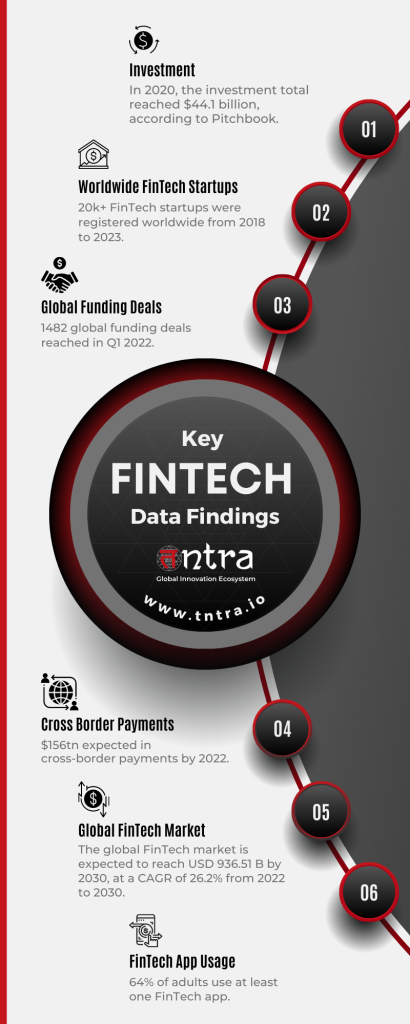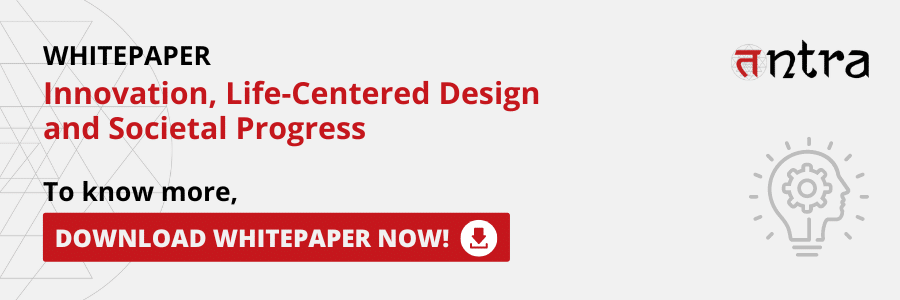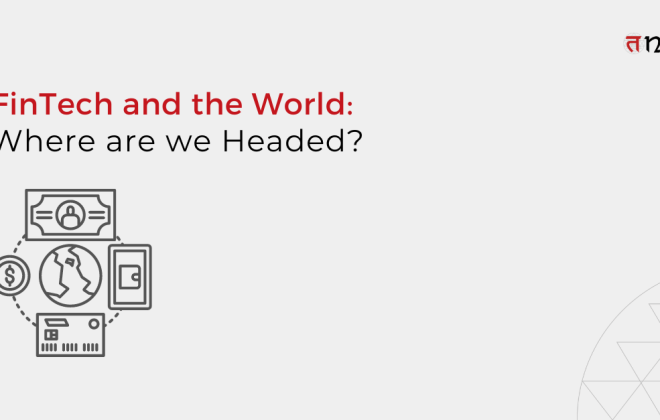
FinTech world and Web 3.0: How is Web 3.0 Impacting the FinTech Industry?
Bitcoin is a decentralized digital currency transferable on the peer-to-peer Blockchain network.
Based on Blockchain technology, this FinTech innovation manages transactions verified by network nodes through cryptography. The transactions are recorded on publicly distributed ledgers.
As a decade-old FinTech business, it was the first decentralized digital currency. Bitcoin was the first actual application that raised the noise about Blockchain. Other crypto platforms, such as Solana or Ethereum, may have better utilized the concept of Web 3.0, but Bitcoin is still at par.
As per an estimation, 36% of small businesses in the United States accept Bitcoin payments. Moreover, in June 2021, El Salvador became the first country to adopt Bitcoin as an approved legal tender. Many more countries and businesses are believed to follow suit.
Source: Blockchain Council
FinTech and Web 3.0 Trends
The estimated market value of Web 3.0 was estimated to be US$3.2 billion in 2021. The North American continent is the largest shareholder, with a total share of around 34%.

The total market capitalization of Web 3.0 is believed to be around US$27.5 billion. Furthermore, it was estimated that in 2022, 46% of finance apps built by a software product engineering company were based on Web 3.0 technology.
Web 3.0 is proving to be a paradigm shift from traditional financial systems, which were more centralized and controlled by institutions, to a more decentralized and open design. The number of FinTech unicorns increased by more than 60% over the year. Experts believe that the FinTech blockchain market size will grow to $6,228.2 million by 2023, with a 75.9% CAGR from 2017.
Blockchain technology can help to reduce the cost for the FinTech industry, particularly the banks. It can be used for KYC purposes and thus reduce bank personnel requirements by 10% leading to savings of up to $160 million annually.
Read more: IP-led Software Products: Importance of Patenting Innovation
The Impact of Web 3.0 on the FinTech Industry
Web 3.0 is predicted to change how we utilize the internet and associated services. The various product engineering services will utilize cutting-edge technologies like Blockchain, the IoT, Artificial Intelligence, virtual reality, machine learning, 5G, and more to build disruptive solutions.
It has a tremendous opportunity landscape when fused with different domains. Let us see how Web 3.0 will impact the global FinTech industry.
- Better Operational Capabilities
- The interplay of FinTech and Web 3.0 is believed to impact digital financial services such as payments, money transfers, loan sanctioning, and more. It allows better automation of routine tasks and processes, which allows a rapid and better user experience.
- Trustworthiness – Web 3.0 will ensure ownership and control over the online data in the hands of the end-users
- Accessibility – It will allow the users to access services from anywhere in the world
- Better customer journey – Web 3.0 will enable FinTech companies to understand the customers’ evolving expectations.
- Quick transactions – It enables the FinTech world with rapid real-time, secured, and transparent transactions.
- The interplay of FinTech and Web 3.0 is believed to impact digital financial services such as payments, money transfers, loan sanctioning, and more. It allows better automation of routine tasks and processes, which allows a rapid and better user experience.

- Security
- Although Web 3.0 is permissionless, it utilizes the biometric traits of users and has more robust security arrangements. The financial sector organizations can look up to creating a passwordless transaction mechanism.
- Enterprises such as Hypr, Keyless.io, and others have already begun to offer an approach to improve security and usability with the help of biometric technology and several other utilities for the end users.
- NFT’s for FinTech
- Web 3.0 has paved the way for non-fungible tokens, which are the face of digital ownership, as they provide evidence of immutable ownership records stored on a decentralized Blockchain ledger.
- As NFTs become more prevalent in the circle, adopting decentralized finance (DeFi) will make way for smoother trades and provide more secure transactions. For example, fetching loans by trading NFTs will become a significant step towards NFT utilities in the FinTech technology space.
- This will enable the consumers to utilize a lending DeFi platform to trade their NFTs for real money. If a borrower cannot return the money, then the NFT will be transferred to the lender automatically. All such transactions will occur with the help of ‘smart contracts,’ which ensures transparency on Blockchain without any middleman.
Checkout Innovative FinTech Case study of the Loan Management Platform
Conclusion
With the growth of Web 3.0, there has been a shift from a traditional financial centralized structure to a more decentralized one. Keeping this in mind, a FinTech software development company and the C-suite leaders must innovate and pave the way for a democratic financial system using technologies such as AI, Blockchain, Machine learning, Virtual reality, and more.
Web 3.0 has great potential. It can bring a new wave of FinTech evolution. There will be more convenience for customers and cost reduction for the banks. It will also obliterate the need for a middleman who takes a cut of your trade. The future of the FinTech world and Web 3.0 is bright and has much playing field for the C-Suite leaders to play on.
Do you have any Fintech project Ideas to discuss with our Team. With 20+ years of experience and a FinTech methodology of our own, we deliver FinTech projects successfully. Contact our team today to discuss any project.




